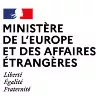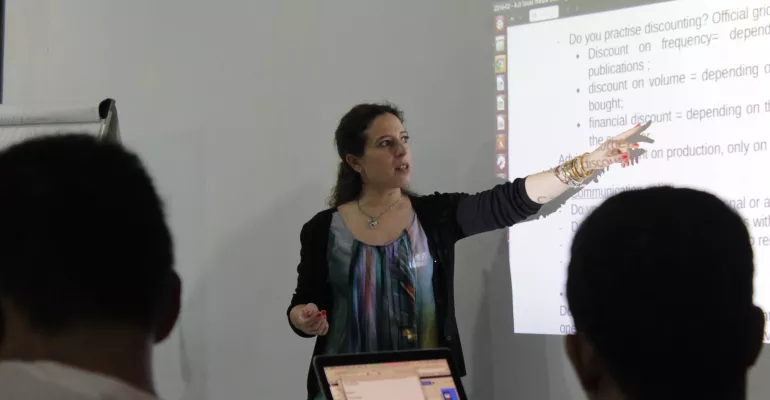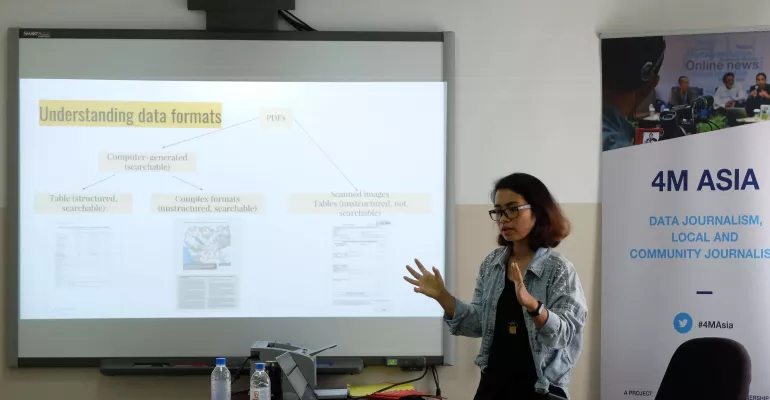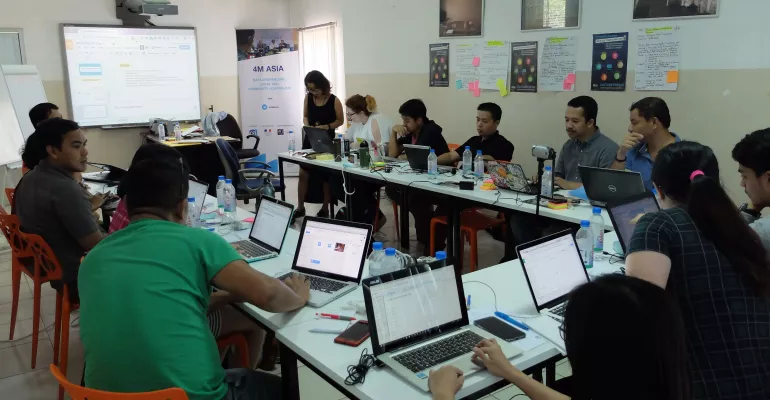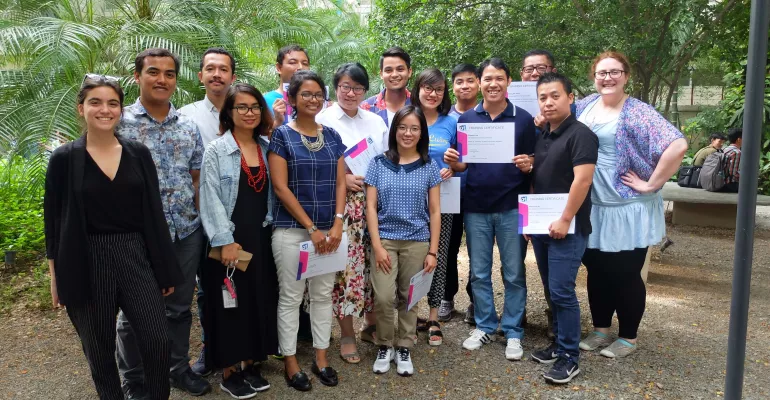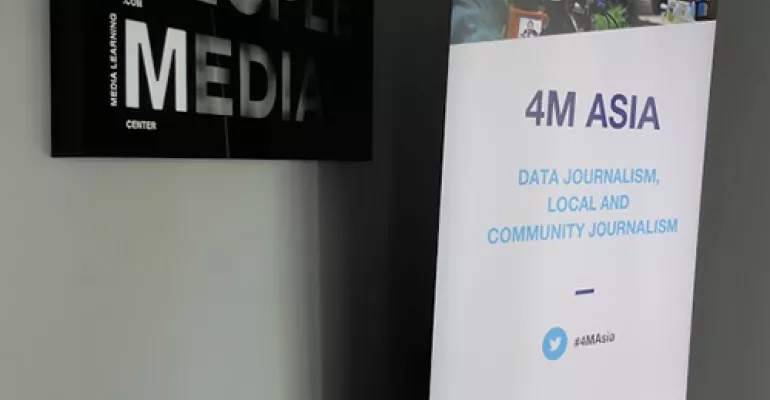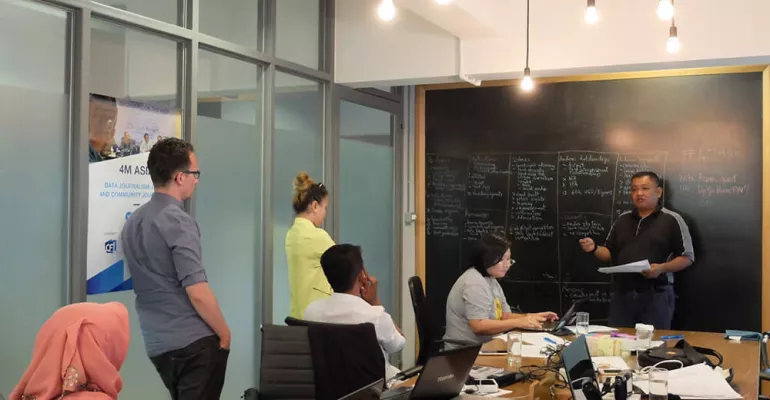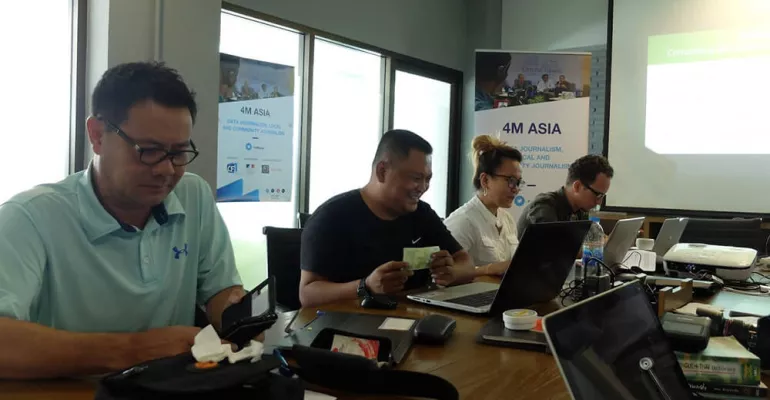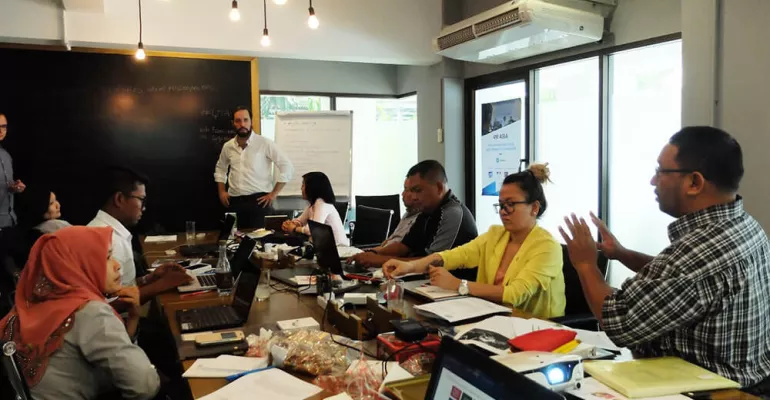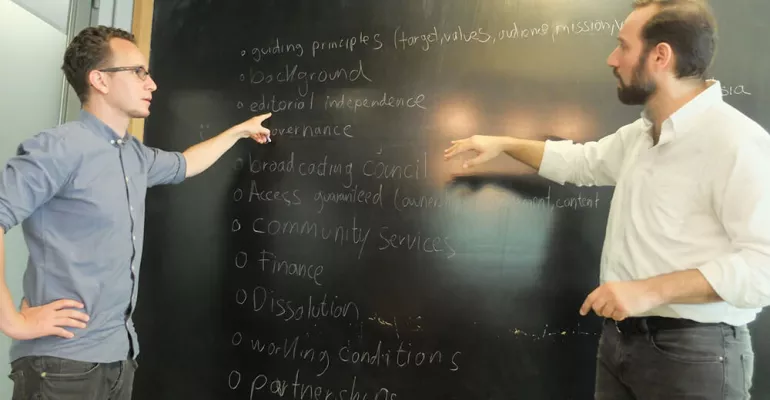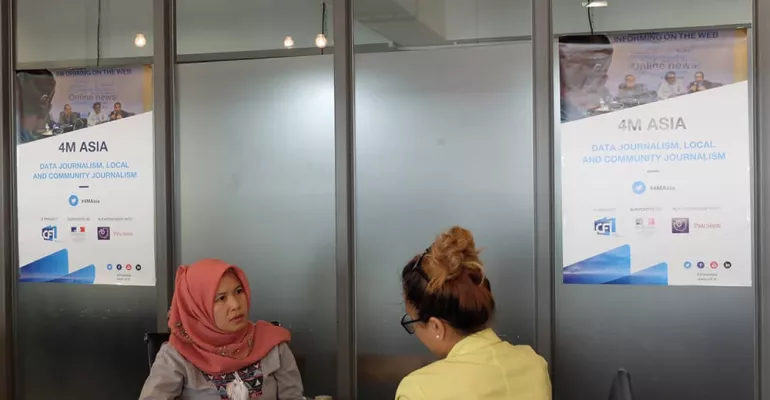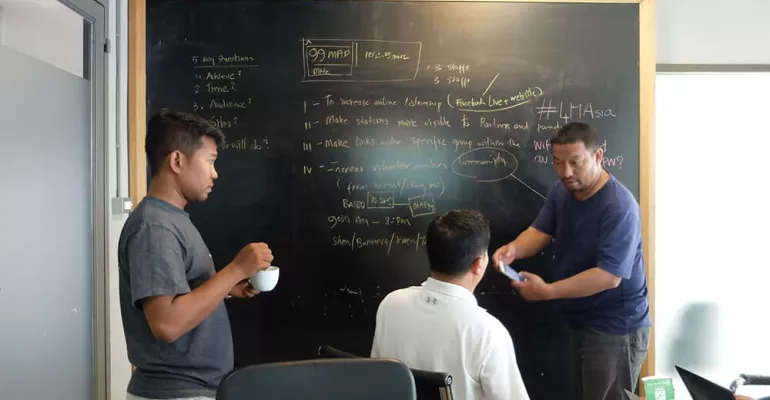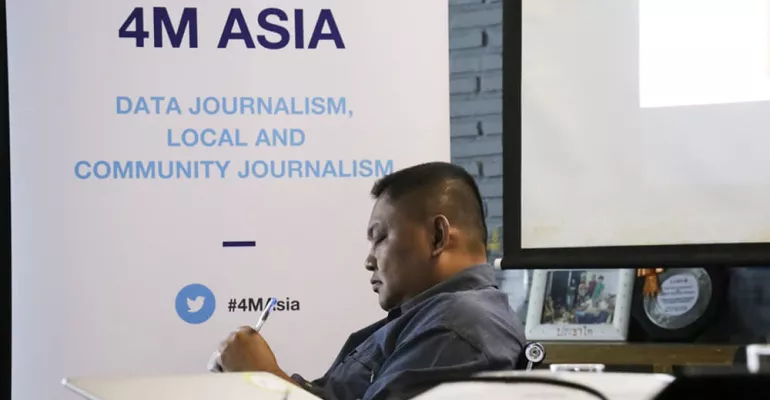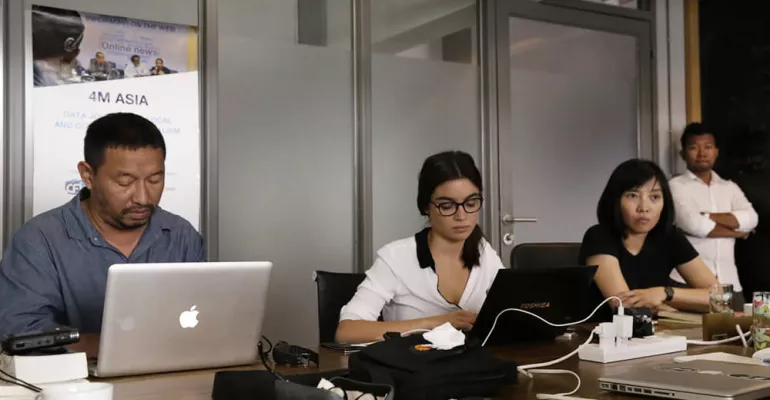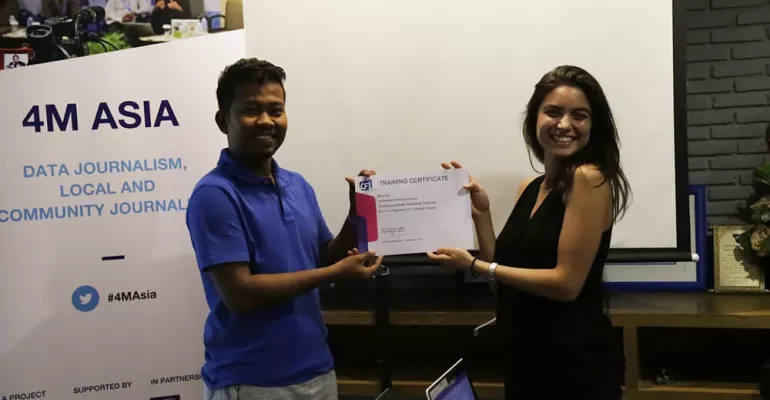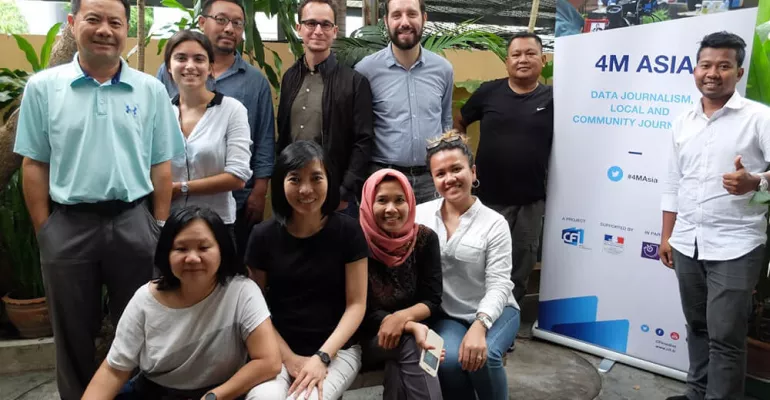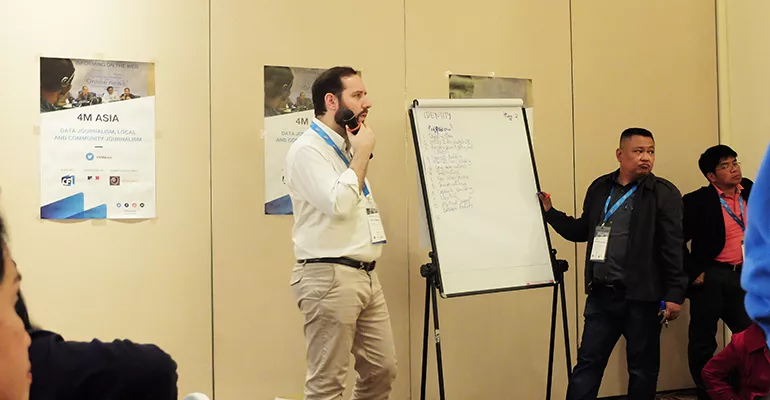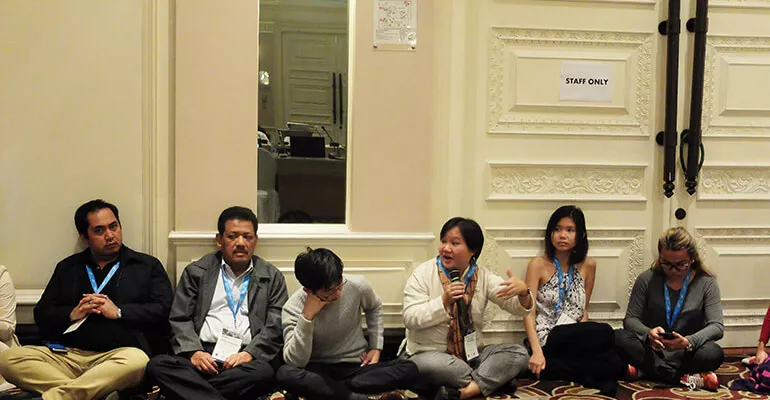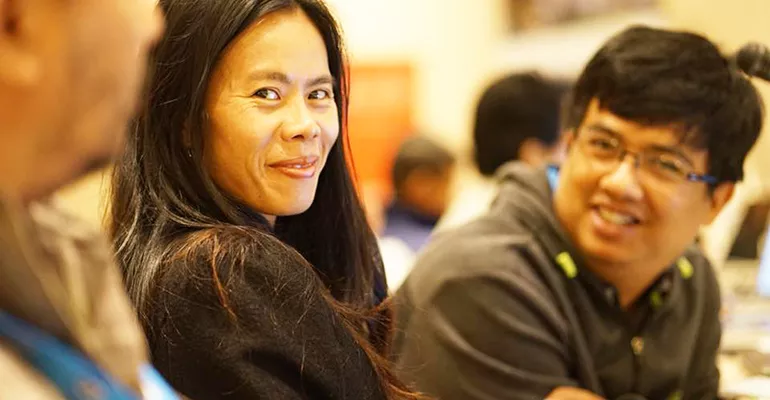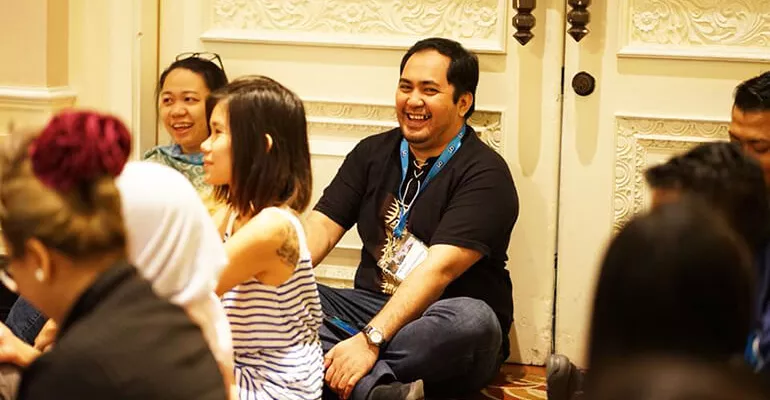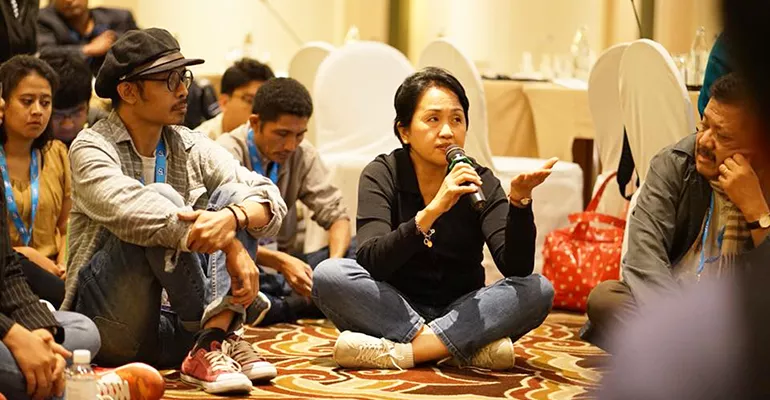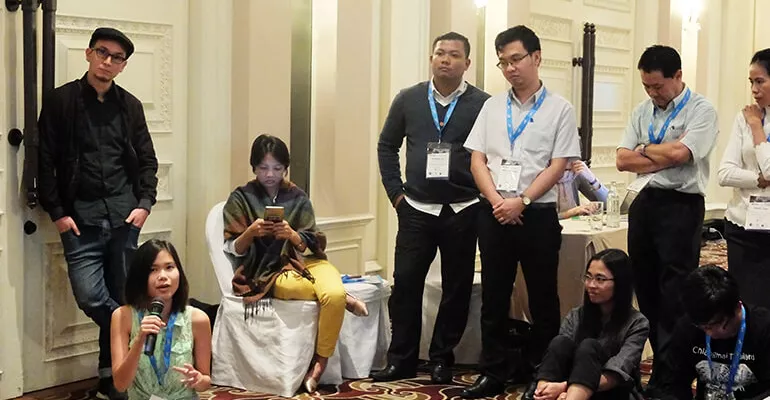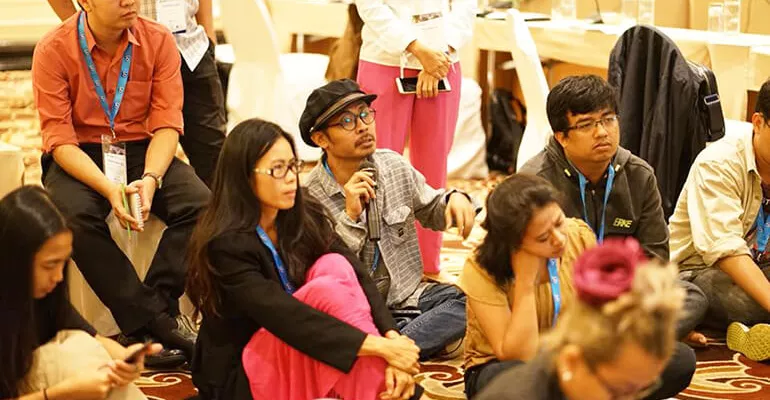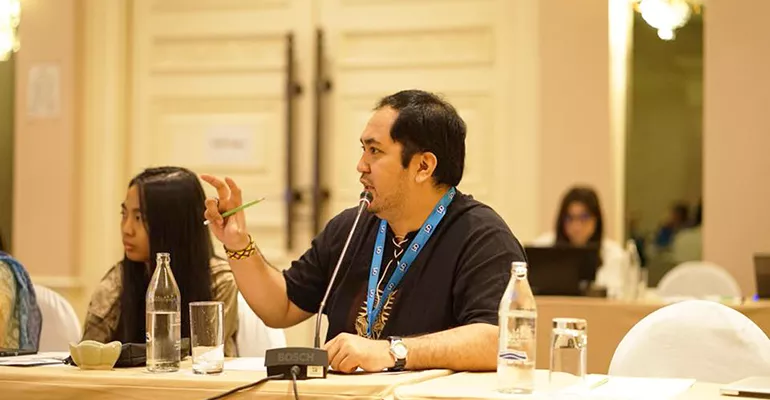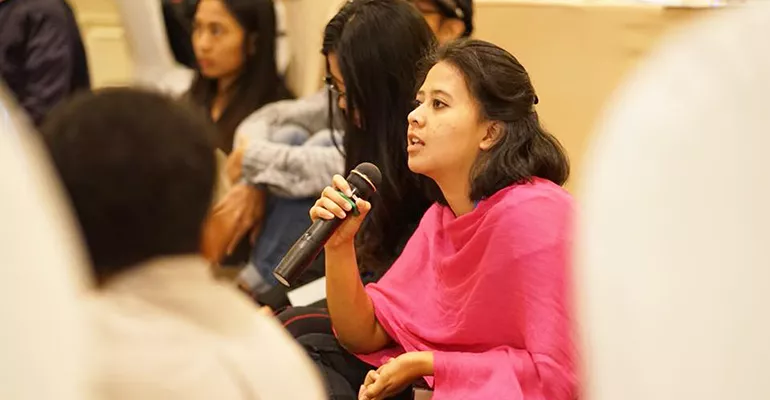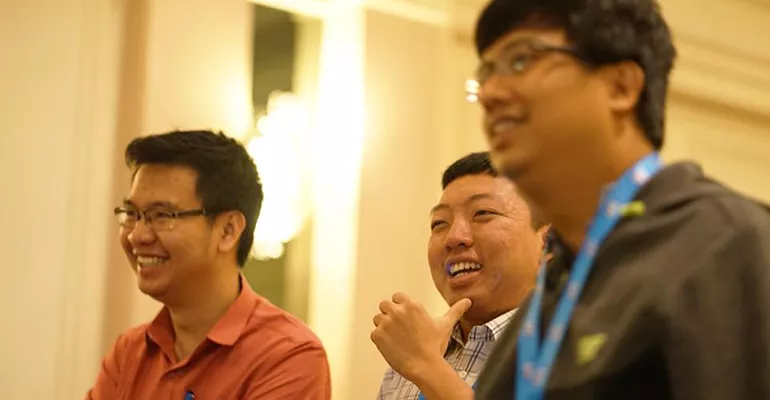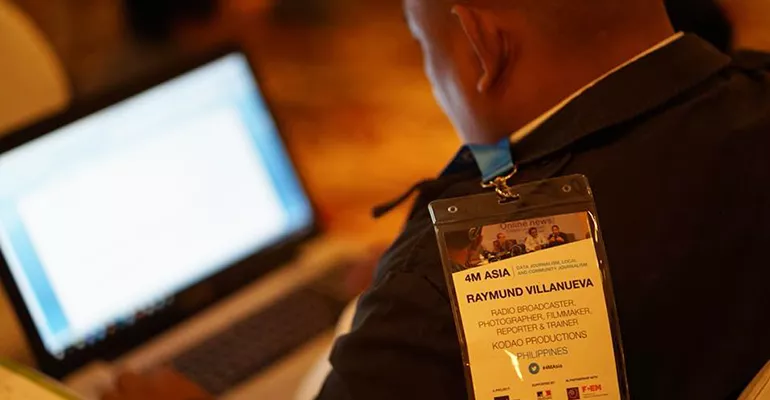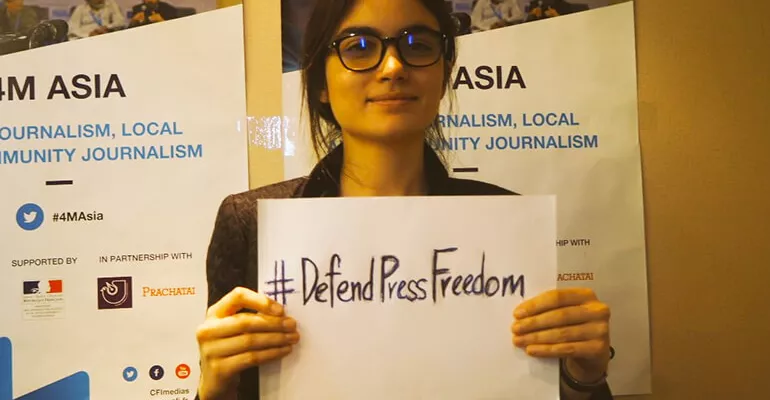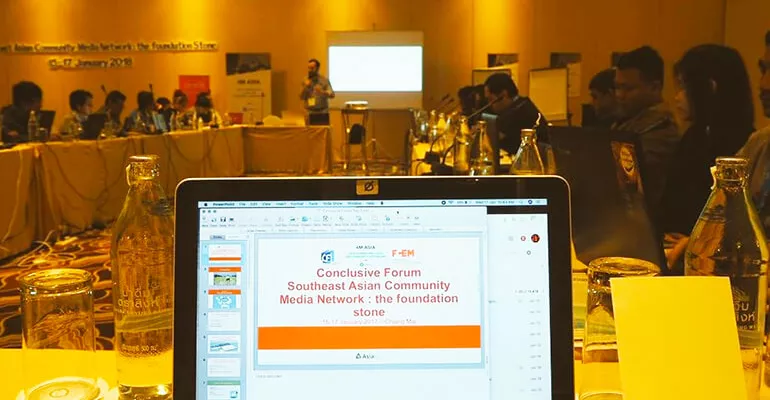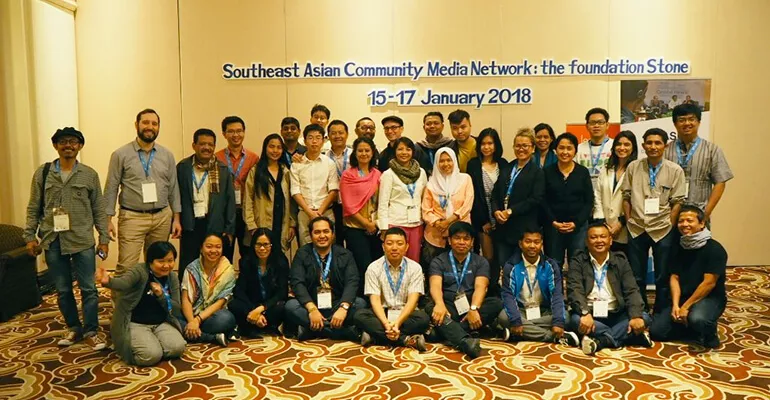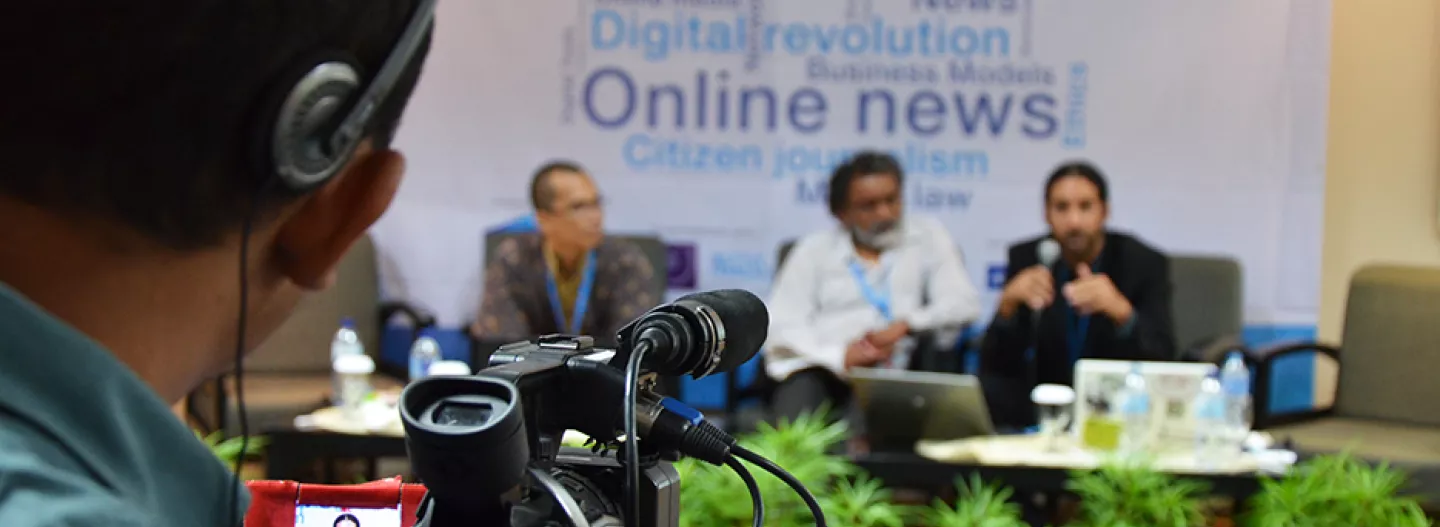
Presentation
Southeast Asia has an economic and technological context which is favourable to the emergence of a new media economy. The wide use of social networks, a high Internet penetration rate and increased development of smartphones promote the transition from traditional media to digital technology.
However, there is still high inequality of development between the various countries, on the one hand, and within each of them, on the other. There remain technological, but also regulatory, economic and geopolitical inequalities which restrict the development of the media. This digital divide is compounded by inequality linked to the lack of representation of local issues which excludes part of the population from the national debate.
In order to assist the media in their digital transition, improve their representative nature and contribute to pluralism, the 4M project supports them in taking account of community questions and integrating them into their digital strategy. The 4M project will also assist the media from the region in developing new tools allowing them to increase their readership and establish their economic model.
Project beneficiaries
Online newspaper executives
Journalists with multimedia skills
Chief editors of traditional and online newspapers
Bloggers, activists, citizen journalists
Developers
Files to download
Actions
Encouragement in creating professional networks during the project opening and closing forums
In September 2014, the 4M Jakarta forum, open to almost 100 traditional and digital media players from the area, promoted the sharing of experiences and networking during days of discussions and workshops.
A 4M Asia forum is closing the project with a presentation of all the work carried out and the tools developed. The beneficiaries will present and compare their different experiences in the course of plenary discussions and more targeted workshops.
4M Jakarta Forum 2014 : new working experiences, new tools, new ways of organizing
4M Asia: progress review in Paris
Data journalism training in ASEAN countries: the 12 winning projects
Indonesia - Support for media outlets and journalists affected by the tsunami
Development of community and local initiatives within an Indonesian aggregator site created by the AJI.
The site development project, its key features and the contributions expected from the local media are determined in the office of the AJI in the course of a training session bringing together a French expert and multimedia journalists and developers.
Members of the AJI then receive training in order to enable them to successfully carry out training across the country in subjects linked to the use of the web (writing, placing online, referencing, economic model).
Once they have been trained, members of the AJI, accompanied by a French journalist, lead discussions and workshops at various local sites on the treatment of local issues and participation in the editorial strategy of the aggregator site. These sessions can then be increased on the initiative of the AJI.
The analysis and assessment of the various initiatives undertaken in the regions leads to the pooling of knowledge and opens up the perspective of possible improvements to the site.
Pre-launch of www.independen.id, the Indonesian local news aggregation site
Better presence and visibility of community issues in national media.
Various regional training sessions are being organised for 30 media representatives from various countries concerning subjects linked to new media: community media issues, community radio stations, the written press and web journalism, community sites and blogs, networking, training of trainers.
Issues and challenges for online media in South-East Asia
Innovation for community radio stations in South-East Asia
Better expression of the diverse opinions of society through the use of digital tools.
Three training sessions for 12 media representatives are being organised in order to determine their data journalism needs, develop tools with a group of experts and organise the monetisation of their data.

